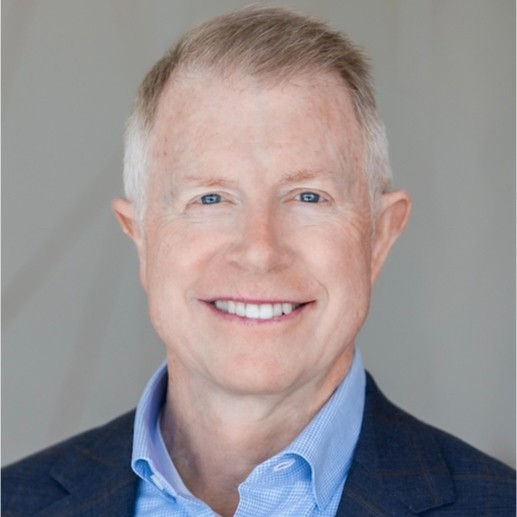ISS Leans In On Climate
- Doug Chia

- Mar 18, 2020
- 2 min read
Last week, our friends at ISS announced the launch of their new Climate Proxy Voting Guidelines, which are designed to provide their investor clients with a "solution to integrate climate-related factors into their voting decisions...." ISS has traditionally focused on shareholder rights, corporate governance structure, and executive compensation, so this is a significant pivot for them into the fastest growing area in proxy voting and corporate governance more generally.
ISS has always had what they call "thematic specialty voting policies" designed for investors with non-traditional investment and voting strategies, like faith-based investors and labor union pension funds, so it makes sense that they would create an off-the-shelf set of voting policies specifically for funds that rely heavily on climate-based factors to develop their portfolios. It follows from the increasing popularity of ESG funds that investors want and fund families are marketing.
The release of ISS' Climate Proxy Voting Guidelines is timely given the directive to CEOs by BlackRock Chairman Larry Fink to do more on climate change and related disclosure. If BlackRock will be voting using climate-related factors, other ISS clients will want their own climate voting guidelines. Having a standard set on the shelf makes ISS well-positioned to satisfy that need. ISS will inevitably be criticized by corporations for having a scorecard approach to climate that feels very "check the box" and "one size fits all," but that's almost unavoidable for a proxy advisory business with such a large scale.
This move shows that ISS was smart to acquire oekom research AG in 2018. ISS saw the opportunity to expand their business into ESG-based voting. Picking up subject-matter expertise and data collection from oekom gave them the ability to do that relatively quickly.
I haven't yet compared these new Climate Proxy Voting Guidelines against ISS's benchmark policy recommendations or their SRI and Sustainability thematic specialty voting policies to see just how different they are, but I'm sure someone will do that and share their findings before too long.




Comments